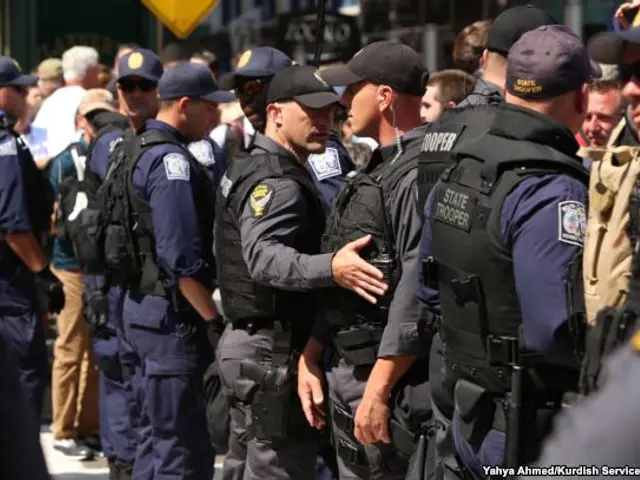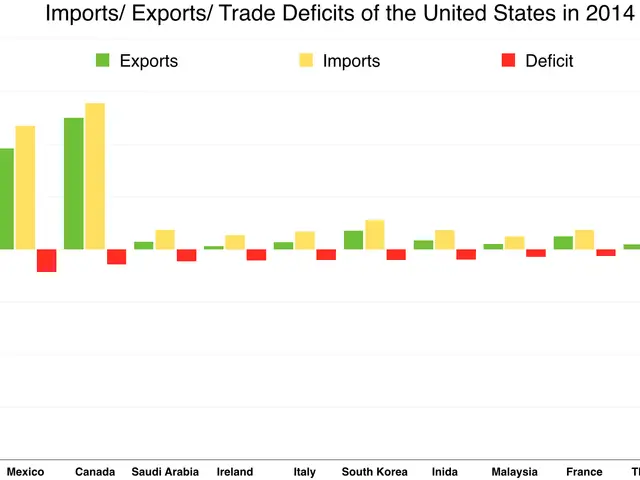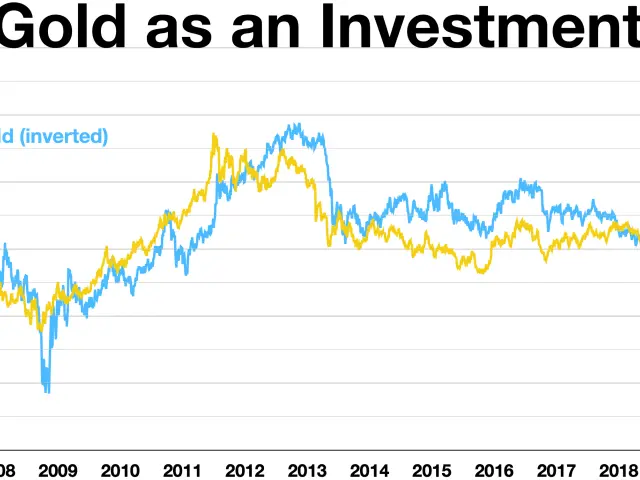Merz's governance skills have come under fire from Habeck, who believes the CDU head lacks the necessary background in governance.
This critique stemmed from Merz's proposal to the Chancellor after the Solingen incident, suggesting a shift in security and migration policy without involving the Greens or SPD. Habeck was bewildered by this approach, which he labeled as divisive rhetoric.
At a Saxon Green event in Leipzig, Habeck fiercely rejected Merz's suggestion of declaring a "national emergency". He argued that such a move was reckless and not a viable solution. He also pointed out that it would create significant turmoil within the EU and was a misguided proposition.
Merz had proposed the national emergency declaration as a means of bypassing EU law and sending back migrants who had entered another EU country initially. Habeck, however, argued that this would be a chaotic move, potentially causing conflict with EU regulations and neighboring countries' policies.
Habeck saw Merz's proposal as stemming from ignorance, a lack of European or governmental experience, or a political ploy. Regardless, he believed it set unmet expectations, especially in the context of migration policy.
Habeck did acknowledge the benefits of investments, some of which were government-funded, in East Germany's economic situation. He commended the Green party members in the state for their tireless efforts, highlighting the growth figures in the East as a result of their work over the past three years.
The upcoming Saxony state election on Sunday was recognized by Habeck as a crucial event. He warned that if the Greens failed to reclaim power with alliance support, the discourse might shift towards hate speech. However, if they managed to secure a successful comeback in government, they could rewrite the narrative.
If Merz's proposal is implemented, the Commission may need to address the potential implications, considering the EU laws involved. Habeck's criticism of Merz's lacking experience or political motives has not deterred the Commission from closely monitoring the situation.
Relevant Insights:
- The economic stagnation and high energy costs in Germany have been a major point of contention between Merz and Habeck. Merz has criticized Habeck's handling of the economy, particularly his botched attempt to draft a law promoting the replacement of oil-powered heating with heat pumps.
- Habeck and the Greens have been criticized for their migration policies, which include measures like the heat pumps initiative and the decision to shutter nuclear power plants despite the energy crunch after Russia cut off gas supplies.
- Merz has proposed stricter immigration policies, including reintroducing internal border checks, a "de facto entry ban" for undocumented migrants, and accelerating deportations for rejected asylum seekers linked to criminal activities.
- The criticism and proposals are part of the intense political rhetoric leading up to the federal election. Merz is trying to win over undecided voters who are disappointed with the current government's handling of migration and economic issues. Habeck and the Greens are defending their policies and criticizing Merz for what they see as unrealistic and potentially harmful proposals.








